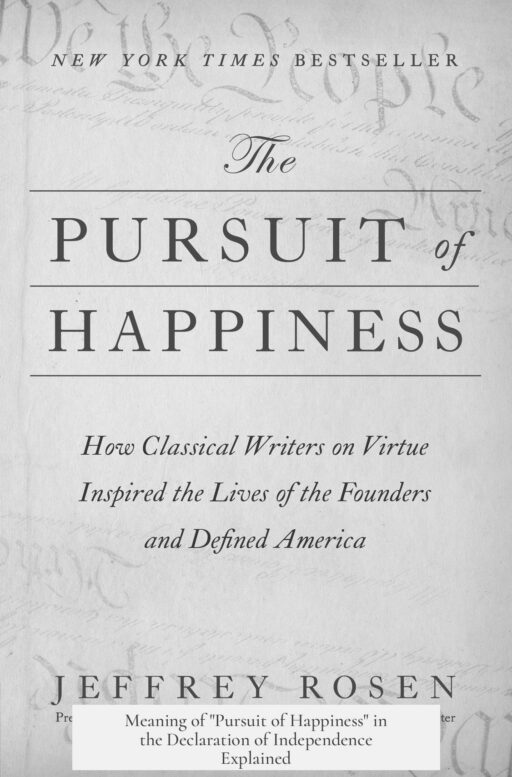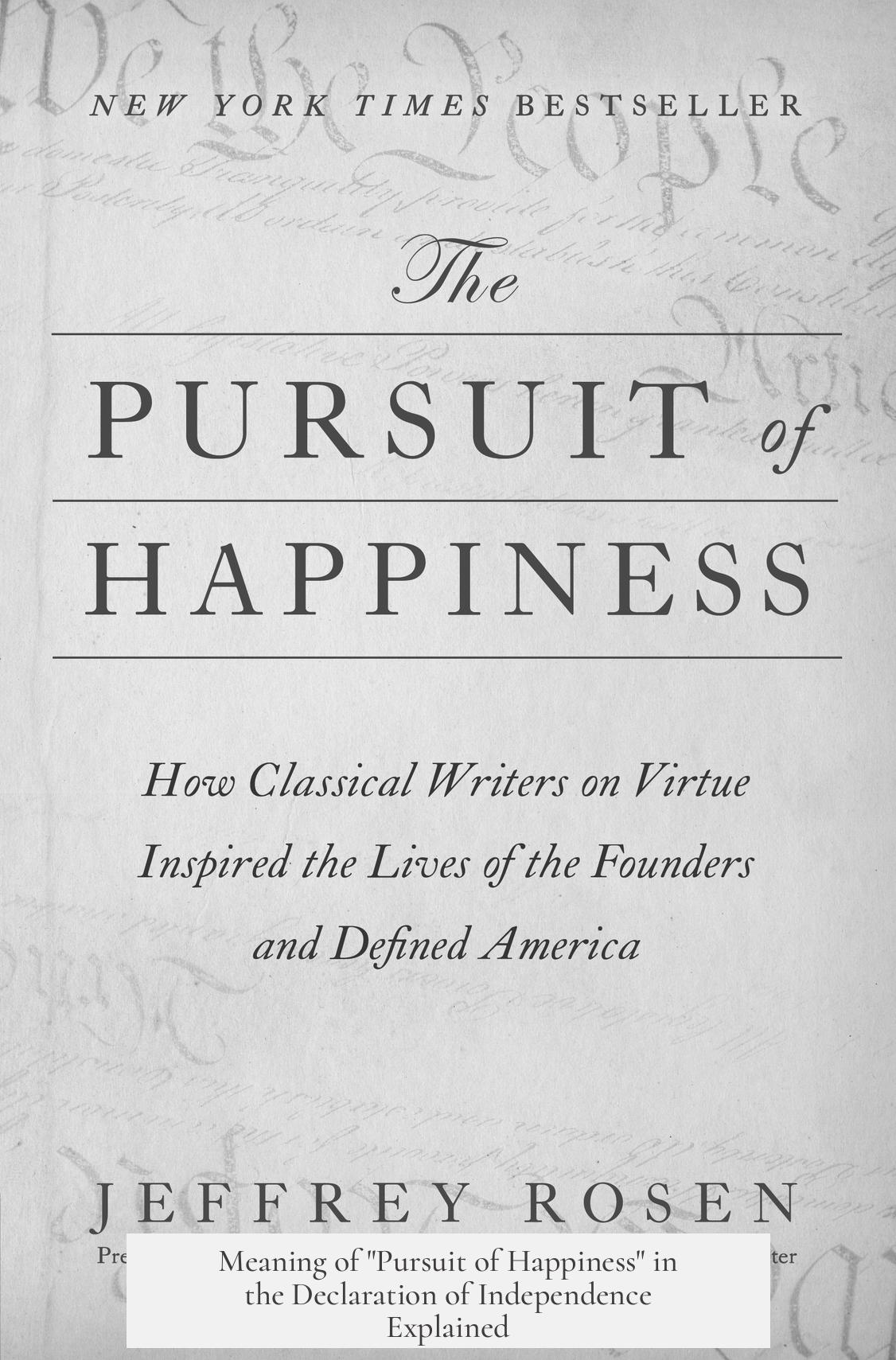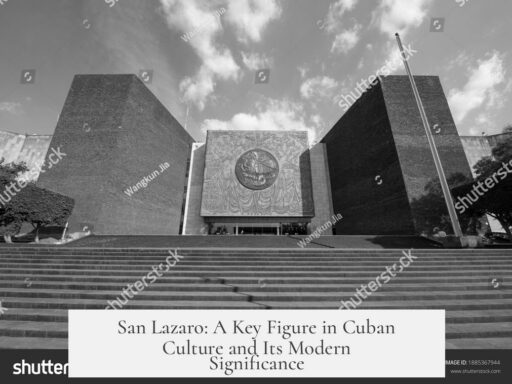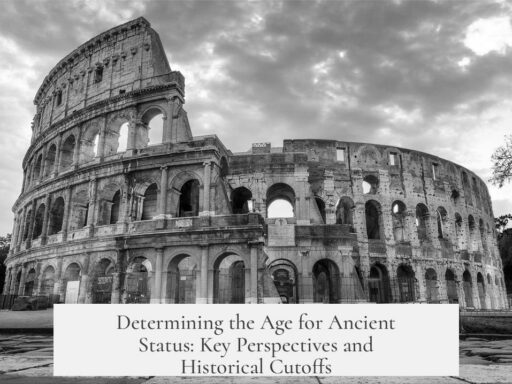The intended meaning of the phrase “pursuit of happiness” in the Declaration of Independence refers to the natural right of individuals to seek a fulfilling and flourishing life, encompassing more than mere property or material wealth. This concept stems from a rich blend of classical philosophy, Enlightenment principles, and legal traditions rather than a narrow right to property or a simple stylistic substitution.
The phrase “pursuit of happiness” reflects an adaptation of John Locke’s natural rights theory, which originally listed “life, liberty, and estate (property)” as fundamental rights. The Declaration replaces “estate” with “pursuit of happiness,” indicating a broader concept. Some historians speculate that Thomas Jefferson avoided explicitly listing property to sidestep issues related to slavery. Yet, deeper analysis reveals the phrase was not an empty stylistic choice nor simply a synonym for property or family.
The Founding Fathers drew heavily on classical political philosophy, especially ancient Greek ideas of happiness. Aristotle’s notion of eudaimonia—meaning flourishing or well-being—combines intellectual fulfillment and virtuous living. Thomas Nagel outlines how Aristotle’s concept involves both theoretical contemplation and moral excellence, creating a comprehensive idea of a fulfilled life. This aligns closely with the Declaration’s use of “pursuit of happiness,” indicating a goal for citizens to live meaningful, virtuous lives and experience well-being rather than transient pleasure.
Beyond classical sources, the phrase is rooted in English legal tradition and Christian theology, as well as the Scottish Enlightenment’s focus on natural rights. William Blackstone’s legal theory, for example, influenced the concept that government exists to secure natural rights, including happiness. The Declaration’s phrasing is consistent with these influences, blending legal, philosophical, and theological ideas.
Before the Declaration, the phrase “pursuit of happiness” appeared in the Virginia Constitution. This precedent directly influenced the Founding Fathers. James Wilson defined political authority as aimed at increasing the happiness of the governed beyond natural conditions. Similarly, Thomas Paine argued that the purpose of government is the general happiness of society. Their views underscore happiness as a political end—broad, collective well-being—not merely material possession.
Despite its inclusion in the Declaration, the U.S. Constitution later replaced “pursuit of happiness” with the word “property,” returning to Locke’s original triad of rights as legal priorities. Internationally, however, the concept persisted. The Polish-Lithuanian Commonwealth’s 1791 Constitution and the 1793 French Constitution included the right to happiness. Over time, many modern constitutions emphasize “well-being,” reflecting a shift in understanding.
This shift acknowledges that “happiness” in contemporary terms might imply fleeting emotions. The Founding Fathers’ concept involved a sustained state of well-being, encompassing moral and intellectual growth alongside personal freedom. Present-day emphasis on well-being better captures this broad meaning.
| Aspect | Explanation |
|---|---|
| Locke’s Influence | Natural rights: life, liberty, and property; “pursuit of happiness” replaces property |
| Classical Philosophy | Aristotle’s eudaimonia: flourishing through virtue and intellectual activity |
| Legal and Theological Roots | English law, Blackstone, Christian theology, Scottish Enlightenment principles |
| Political Purpose | Promote the happiness and well-being of society as a government goal |
| Later Developments | US Constitution emphasizes property; other nations include pursuit of happiness |
| Modern Understanding | Shift from happiness to well-being reflecting sustained fulfillment, not fleeting pleasure |
- “Pursuit of happiness” signifies a broad right to pursue a fulfilling and moral life, not just property ownership.
- Influences include Locke’s natural rights, classical Greek philosophy, English law, and Enlightenment thought.
- The Founding Fathers viewed government’s role as securing happiness for its citizens beyond natural conditions.
- The phrase has precedents in early American constitutions and is echoed internationally.
- Modern interpretations lean toward well-being, capturing the philosophical depth of the original concept.




